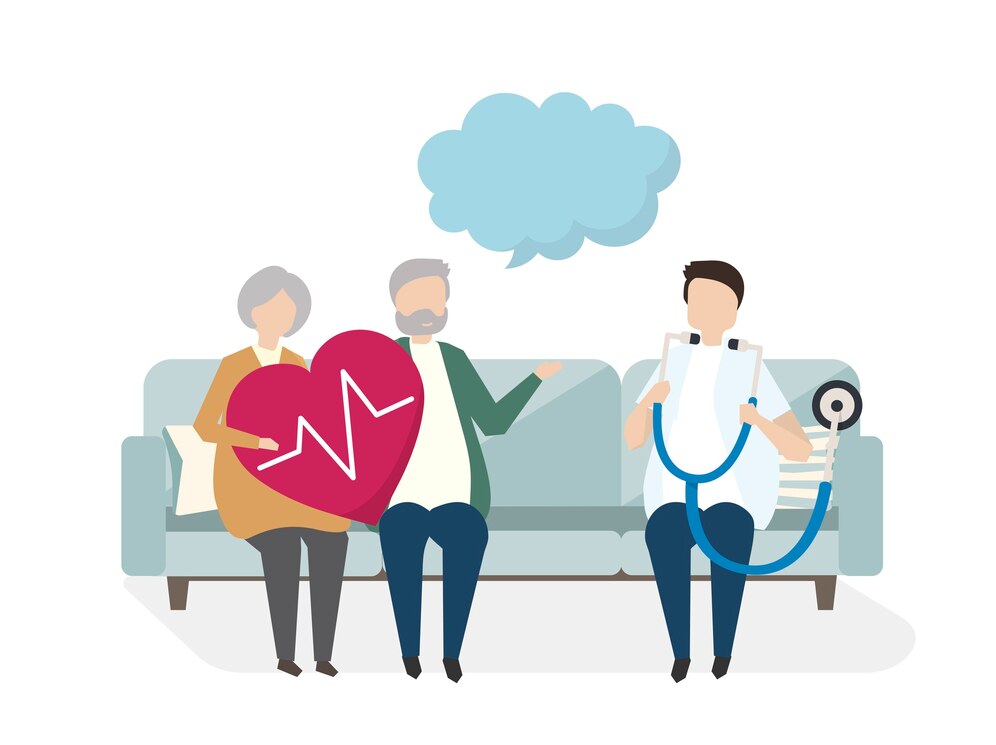
Caregiving for Stroke Survivors: A Guide to Supporting Loved Ones
Introduction
When a loved one has a stroke, it can be a challenging and overwhelming experience for both the survivor and their family. As a caregiver, your role is vital in offering support, encouragement, and assistance during the recovery process. This guide will provide practical tips and strategies to help you care for stroke survivors with compassion and confidence.
1. Learn About Stroke
Understanding stroke and how it affects your loved one is the first step in providing effective care. By educating yourself on the symptoms, treatments, and recovery challenges, you will be better prepared to offer support during the recovery journey. Knowledge is power, and it helps you anticipate needs and offer appropriate assistance.
2. Be Patient and Understanding
Stroke recovery is often a gradual process. It’s important to be patient and understanding as your loved one navigates their journey to recovery. Celebrate every small victory along the way, and encourage them to take things one step at a time. Remember, progress can come slowly, but every step forward is an achievement.
3. Provide Practical Support
Offering practical help with daily tasks such as bathing, dressing, meal preparation, and medication management is crucial. This type of support can make a significant difference in the recovery process. Be attentive to your loved one’s needs, offering your assistance in a supportive yet non-intrusive way. Your role as a caregiver is to ensure they feel cared for without feeling overwhelmed.
4. Encourage Independence
While it’s important to offer support, it’s equally essential to encourage your loved one’s independence. Allow them to take part in activities and decision-making, empowering them to regain a sense of autonomy. Provide help only when necessary, fostering confidence and self-reliance in their recovery process.
5. Listen and Communicate
Being an attentive listener and communicator is key to providing effective caregiving. Encourage your loved one to express their feelings, fears, and concerns. Offering a listening ear and providing reassuring words can boost their emotional well-being and help them feel supported during their recovery.
6. Take Care of Yourself
Caregiving can be both physically and emotionally demanding. Therefore, it’s vital to take care of your own health and well-being. Schedule time for self-care activities, and seek support from friends, family, or support groups. Remember, you can’t care for others if you don’t take care of yourself first. Don’t hesitate to ask for help when you need it.
Conclusion
Caregiving for a stroke survivor is a challenging but rewarding journey. By providing love, practical support, and emotional care, you can help your loved one navigate their recovery with dignity and grace.
To seek medical advice, always consult a Doctor. Here are our recommended experts. Click here
To read more on Stroke. Click Here


